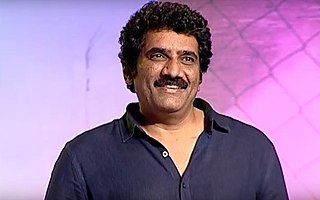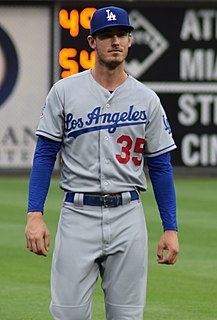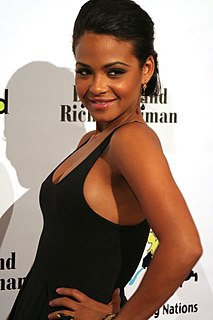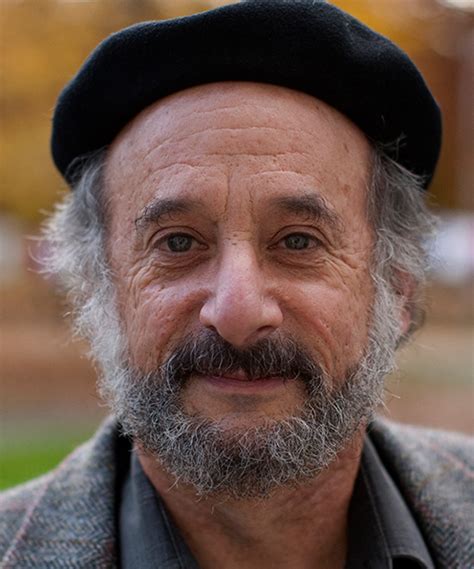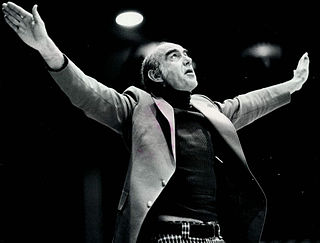A Quote by Rao Ramesh
I was interested in photography from my college days and wanted to become a cinematographer.
Quote Topics
Related Quotes
I was always interested in drawing and painting. I enrolled in college to study painting. But I didn't have any livelihood when I graduated. My mother died very young, and I didn't have any home, so I had to find a way to earn a living. It seemed to me that photography - to the great disappointment, I have to say, of my painting teacher - could offer that. So I went and did a degree in photography, and then after that I could go out and get paid for work. For portraits, things like that.
I had just been in some repressive situations - the black middle-class college scene and the crazy United States Air Force - and so I just felt like getting out of that. I thought, now, that I wanted to be a writer. I had something that I wanted to do, that I was interested in doing, so I wanted to pursue that.
Anthropology... has always been highly dependent upon photography... As the use of still photography - and moving pictures - has become increasingly essential as a part of anthropological methods, the need for photographers with a disciplined knowledge of anthropology and for anthropologists with training in photography has increased. We expect that in the near future sophisticated training in photography will be a requirement for all anthropologists. (1962)
